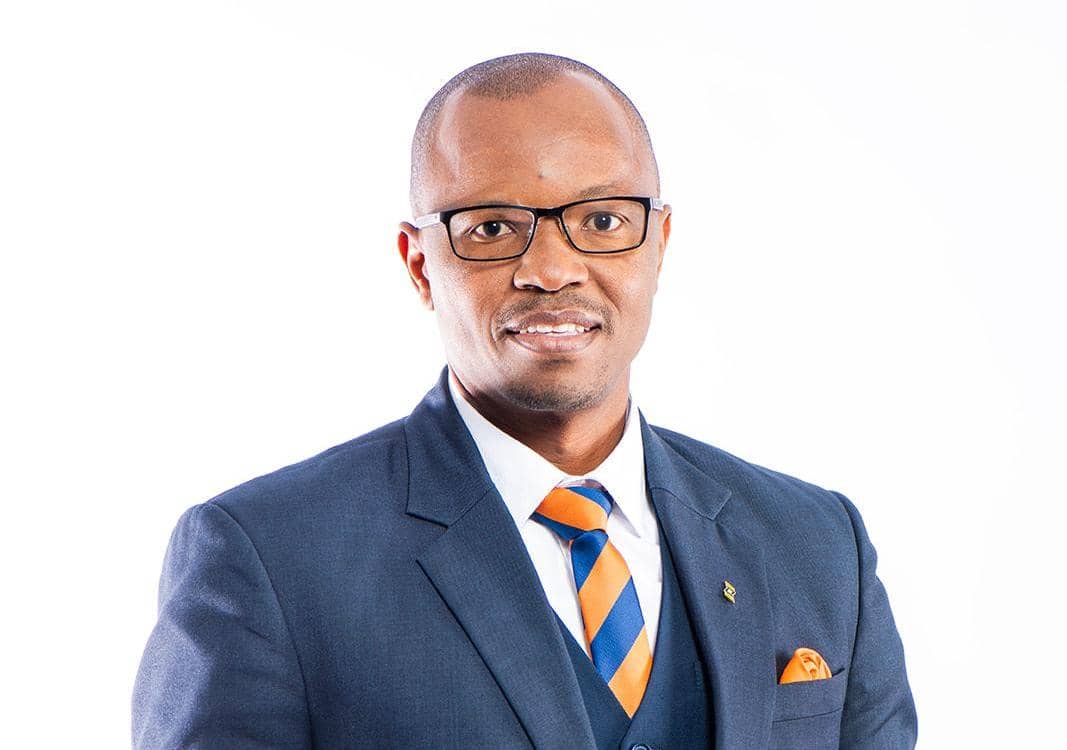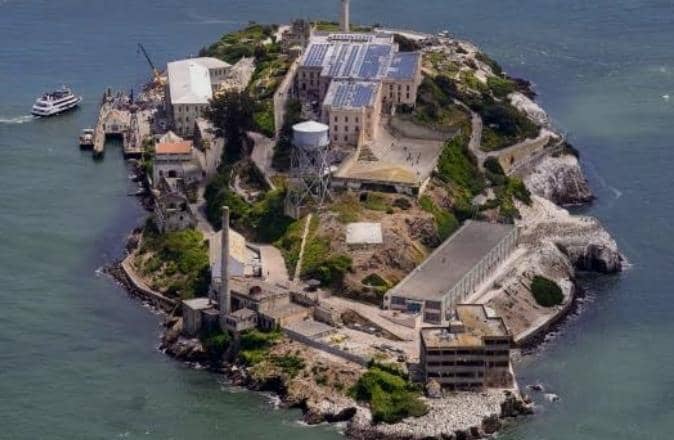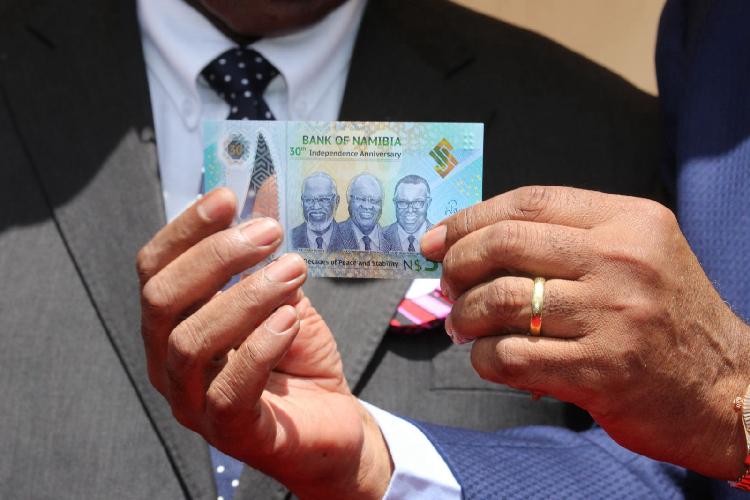KIGALI – Girls as young as 12 and grandmothers as old as 70 are among the thousands of women raped with impunity by marauding fighters in war-ravaged eastern Congo despite a year-old peace deal, according to the medical charity Medecins sans Frontiers (MSF).
HIV-AIDS infection, pregnancy, family rejection and sometimes all three combined are the results of sexual assaults committed by the myriad of militia groups roaming the wilds of eastern Democratic Republic of Congo, MSF said in a new report. “The global political situation in Congo is improving, but sexual violence will continue unless political and military decision-makers finally decide to put an end to such horrific amounts of violence and suffering,” the report said.The report said boys as young as 10 have also been sexually assaulted and that most attacks are gang-rapes.Despite widespread rape, the stigma attached to the crime means women who have been attacked are often rejected by their husbands and their communities, the report said.”Since what happened, my husband insults me every day calling me the wife of the militiamen who raped me.I have no joy, no peace of mind anymore,” said an unidentified 23-year-old woman quoted in the report.The huge central African country is struggling to emerge from a five-year regional war that at its height involved half a dozen countries battling for control of the former Zaire’s vast natural wealth, including gold, diamonds and timber.More than three million people are estimated to have died during Congo’s bloody war, most through hunger and disease in a nation where transport and health care systems are in tatters.A peace deal last year brought the main belligerents together, but ethnic clashes continue in the northeastern Ituri region and much of eastern Congo remains anarchic and under the rule of rival armed militia groups that prey on civilians.Gunmen attacked military bases and television stations in the Congolese capital Kinshasa last week Sunday, underlining the fragility of the peace process.MSF opened an emergency clinic in the town of Baraka on Lake Kivu last year and treated 550 rape victims between August 2003 and January 2004, a number it said represented only a small fraction of thousands of victims.”Numerous victims are still unable to access the clinic because of insecurity and the distances to be travelled,” said the report, which added that women were most often working in the fields cultivating crops when attacked.As well as HIV-AIDS, rape victims also suffer from severe psychological problems such as post-traumatic stress and often refuse to return to the fields, only deepening the drastic food shortages stalking much of the country.- Nampa-Reuters”The global political situation in Congo is improving, but sexual violence will continue unless political and military decision-makers finally decide to put an end to such horrific amounts of violence and suffering,” the report said.The report said boys as young as 10 have also been sexually assaulted and that most attacks are gang-rapes.Despite widespread rape, the stigma attached to the crime means women who have been attacked are often rejected by their husbands and their communities, the report said.”Since what happened, my husband insults me every day calling me the wife of the militiamen who raped me.I have no joy, no peace of mind anymore,” said an unidentified 23-year-old woman quoted in the report.The huge central African country is struggling to emerge from a five-year regional war that at its height involved half a dozen countries battling for control of the former Zaire’s vast natural wealth, including gold, diamonds and timber.More than three million people are estimated to have died during Congo’s bloody war, most through hunger and disease in a nation where transport and health care systems are in tatters.A peace deal last year brought the main belligerents together, but ethnic clashes continue in the northeastern Ituri region and much of eastern Congo remains anarchic and under the rule of rival armed militia groups that prey on civilians.Gunmen attacked military bases and television stations in the Congolese capital Kinshasa last week Sunday, underlining the fragility of the peace process.MSF opened an emergency clinic in the town of Baraka on Lake Kivu last year and treated 550 rape victims between August 2003 and January 2004, a number it said represented only a small fraction of thousands of victims.”Numerous victims are still unable to access the clinic because of insecurity and the distances to be travelled,” said the report, which added that women were most often working in the fields cultivating crops when attacked.As well as HIV-AIDS, rape victims also suffer from severe psychological problems such as post-traumatic stress and often refuse to return to the fields, only deepening the drastic food shortages stalking much of the country.- Nampa-Reuters
Stay informed with The Namibian – your source for credible journalism. Get in-depth reporting and opinions for
only N$85 a month. Invest in journalism, invest in democracy –
Subscribe Now!










